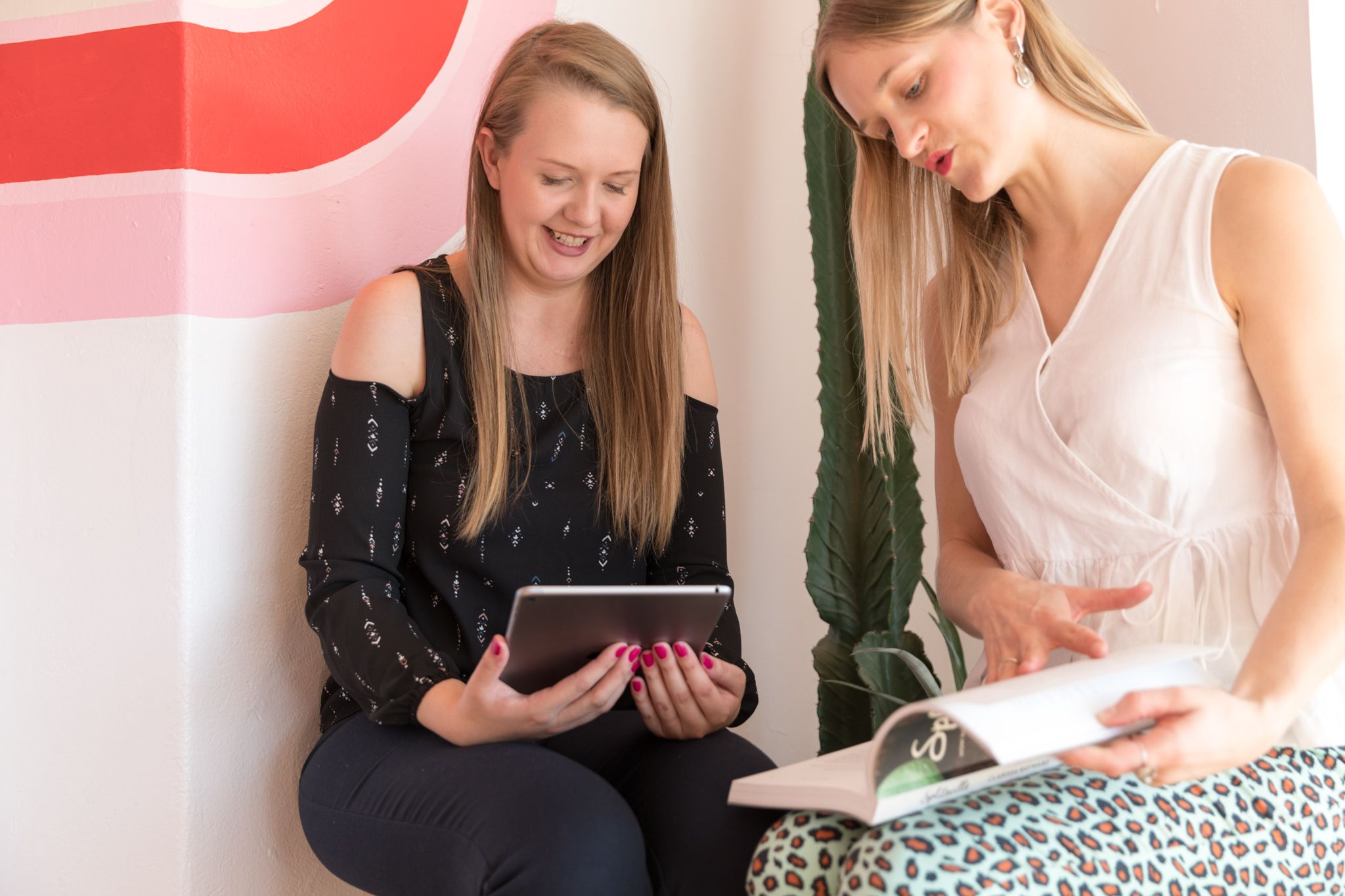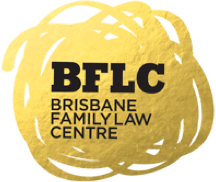Going through a divorce or de facto relationship breakdown is hard enough, without the added stress of the legal procedures that go with it. There are many benefits of collaborative practice and it can be used in just about every area of family law.
The biggest benefit of collaborative practice (or collaborative divorce as it is sometimes called) is the power it gives you to avoid Court. If you and your ex can sort through the legal issues you are facing collaboratively outside of the Court, then it can save you time, money and the emotional anguish that can be brought on by a more adversarial approach.
The other major benefit of collaborative divorce or break ups is the fact that you and your partner come out at the end with an arrangement that considers the goals of each of you, instead of only considering your strict legal entitlement, which is the classic family law approach.
The collaborative divorce process can help resolve disputes involving child support, parenting arrangements and property and financial settlements. You and your former partner will both have access to a bespoke process involving coaches, lawyers and other professional experts to assist you in your negotiations. This makes the separation process kinder, calmer and truly in the best interest of the whole family.
What exactly is collaborative practice?
Collaborative Practice is a term used to describe a process that assists you to work through the legal issues arising from the breakdown of your relationship in a considered and calm way with the assistance of a team of professionals which includes mental health professionals, child specialists, accountants and financial advisors.
Through a series of meetings, your team of professionals and collaborative divorce lawyers will help you to set goals for your family’s future.
You will be able to consider the options that will best lead to you achieving those goals and ultimately draft the necessary settlement documents to get you to living your best possible life as a separated family.
Collaborative practice requires you and your former partner, plus your team of advisors and lawyers, to sign a contract that ensures you will negotiate openly, honestly and respectfully.
You are also committing to truthfully doing all that you can to find solutions that don’t require either of you to go to Court.
Collaborative practice works best for families seeking an out of court settlement and who are willing to negotiate in good faith by openly sharing all available information.
If you and your ex partner are willing to genuinely consider all of the professional input and advice from collaborative divorce lawyers, financial professionals and child experts, you will be able to make your own decisions and tailor your final arrangements and agreements to your family and unique situation.
What is the difference between mediation and collaborative divorce?
The main difference between mediation and collaborative divorce or separation is the fact that both parties are actively working with each other and not against each other.
In mediation, a trained mediator must run all meetings and discussions to keep the couple on track and moving closer to an agreement. In collaborative practice, every meeting is run by the separating couple in a respectful environment, with the support and advice from a team of collaborative divorce lawyers and other experts.
Instead of arguing for what each party is legally entitled to, you’ll work in a system called interest based negotiation, this is the key difference of collaborative practice family law.
You are discussing both parties’ individual interests, needs and concerns, and how they can be addressed within your separation agreement. This includes choosing what is best for your children. Legalities are not the driving factor of the conversation but are often used to support your final decision.
During collaborative practice, all advice including legal advice from family lawyers is given during the team meetings in front of both parties and all other coaches and experts, whereas during the mediation process you would have private consultations with your divorce lawyer to gain legal tactics and leverage to take into the meeting.
Both mediation and the collaborative divorce process have the same final outcome where the final separation agreement is legally drawn up by family lawyers and submitted to the Court for final approval. This does not require any Court appearances by either party.
How long does a collaborative divorce take?
While mediation tends to be a one off event where the separating or divorcing couple meets with the aim of leaving with a signed separation agreement after a single discussion, the collaborative divorce process takes longer.
It is usually spread out over a series of meetings and discussions and ends when both you and your former spouse agree that a settlement has been reached.
Because collaborative practice is executed with the utmost respect for the other party, it preserves relationships, reducing stress for you and your children. This also means it can take more time for both you and your former partner to formulate a plan that you are both happy with.
The collaborative divorce process can take one to eighteen months, depending on your specific circumstances and complexities of your unique situation. It typically takes three to four meetings to come to a solid agreement that both parties are happy moving forward with. The collaborative divorce process is different for everybody.
If you would like to learn more about whether collaborative practice is right for your family, please book a call with our team.




